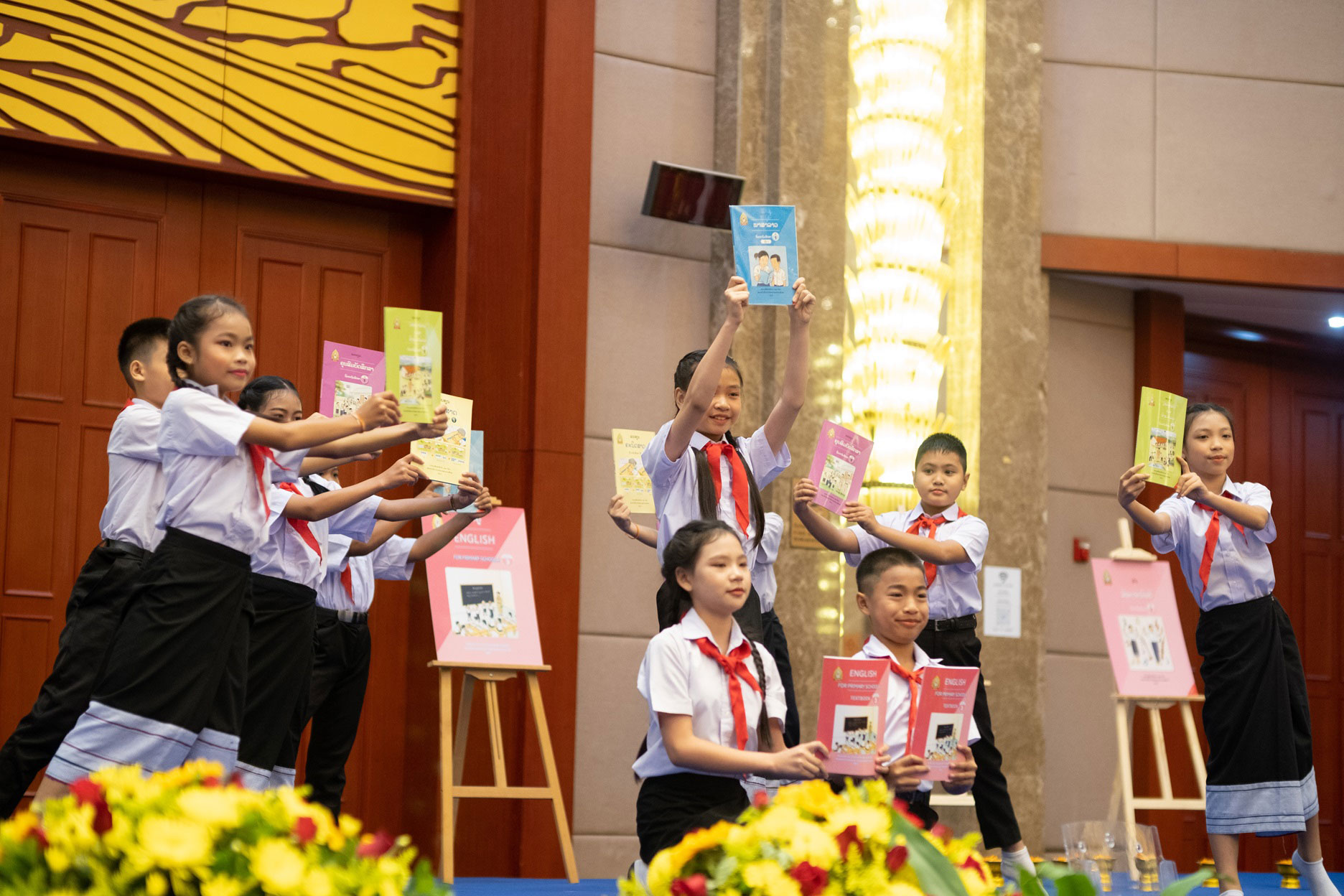
Grade 5 students prepared a dance to celebrate the completion of the primary curriculum revision
Since September 2023, all primary classes across Lao adopt a new way of teaching and learning
On 14th December, H.E. Associate Professor Dr. Phout Simmalavong, Minister of Education and Sports, Lao PDR and H.E. Paul Kelly, Australia’s Ambassador to the Lao PDR officially chaired a ceremony to celebrate the completion of the revision of the primary curriculum. The celebration recognized the efforts and commitment of all stakeholders from the Ministry at national and subnational levels and the partners who were involved in the curriculum development and implementation.
More than 110 guests attended the ceremony including H.E. Michelle Outlaw, Chargé d’affaires of the United States of America in Lao PDR, H.E. Ina Marčiulionytė, Ambassador and Head of Delegation of the European Union in Lao PDR, Mr. Toshio Nagase, Chief Representative of JICA, representatives from the Ministry of Education and Sports, the eighteen Provincial Education and Sports Services, the eight Teacher Training Colleges, other ministries, development partners and all Lao media.
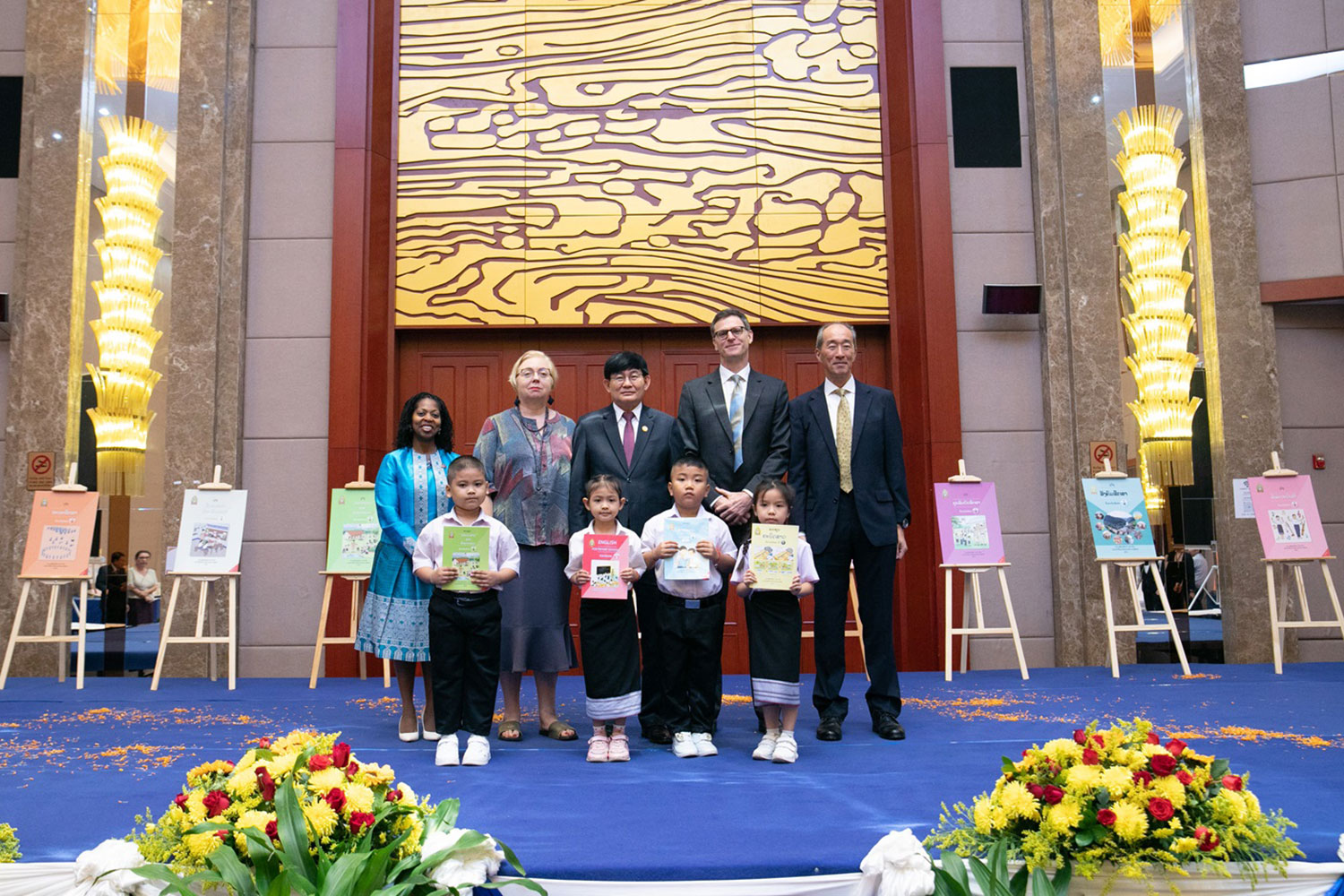
Minister of Education and Sports of Lao PDR with the 4 main contributors to the revison of the curriculum – Australia, USAID, European Union and JICA
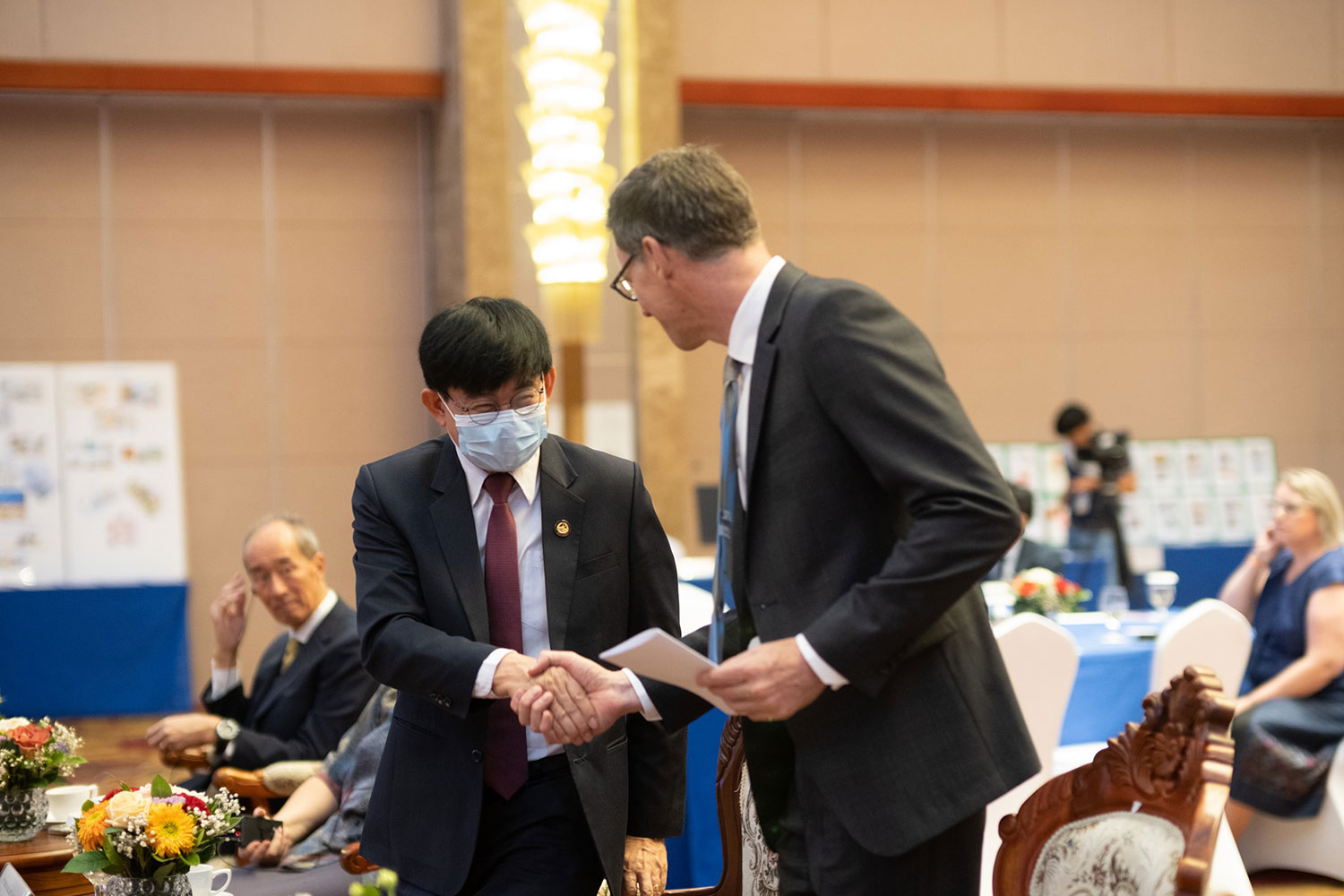
Minister of Education of Lao PDR and Australian Ambassador
The Government of Lao PDR recognises that quality education is the foundation of a prosperous and peaceful nation. Ensuring young people are supported in school to reach their full potential is a vital investment in the future. As a key strategy to achieve this aim, the Ministry of Education and Sports of Lao PDR, with support from the Australian Government, the United States Government through the United States Agency for International Development, the European Union and the Japanese Government initiated the revision of the national primary curriculum in 2017. A revised curriculum with new teaching and learning resources has been developed supported by comprehensive in-service teacher training. An up-to-date curriculum and new teaching and learning resources will make an important contribution to the improvement of learning outcomes for all children and ultimately build a skilled and competitive workforce.
The rollout of the revised curriculum started in September 2019 with grade one and is now complete. The grade 5 teaching and learning approach is being taught in classrooms since the start of the school year in September 2023.
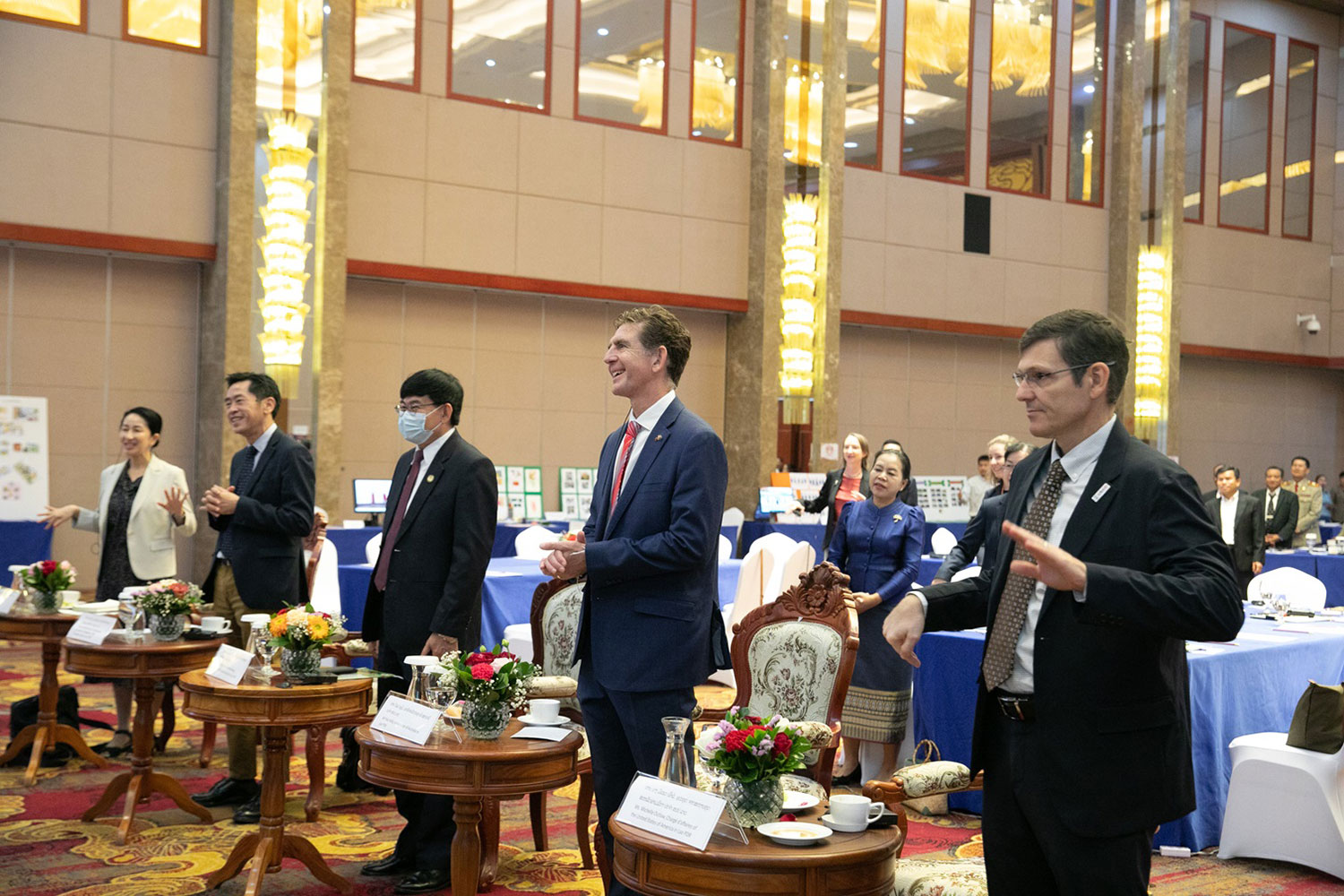
Guests were invited to participate in the different learning activities
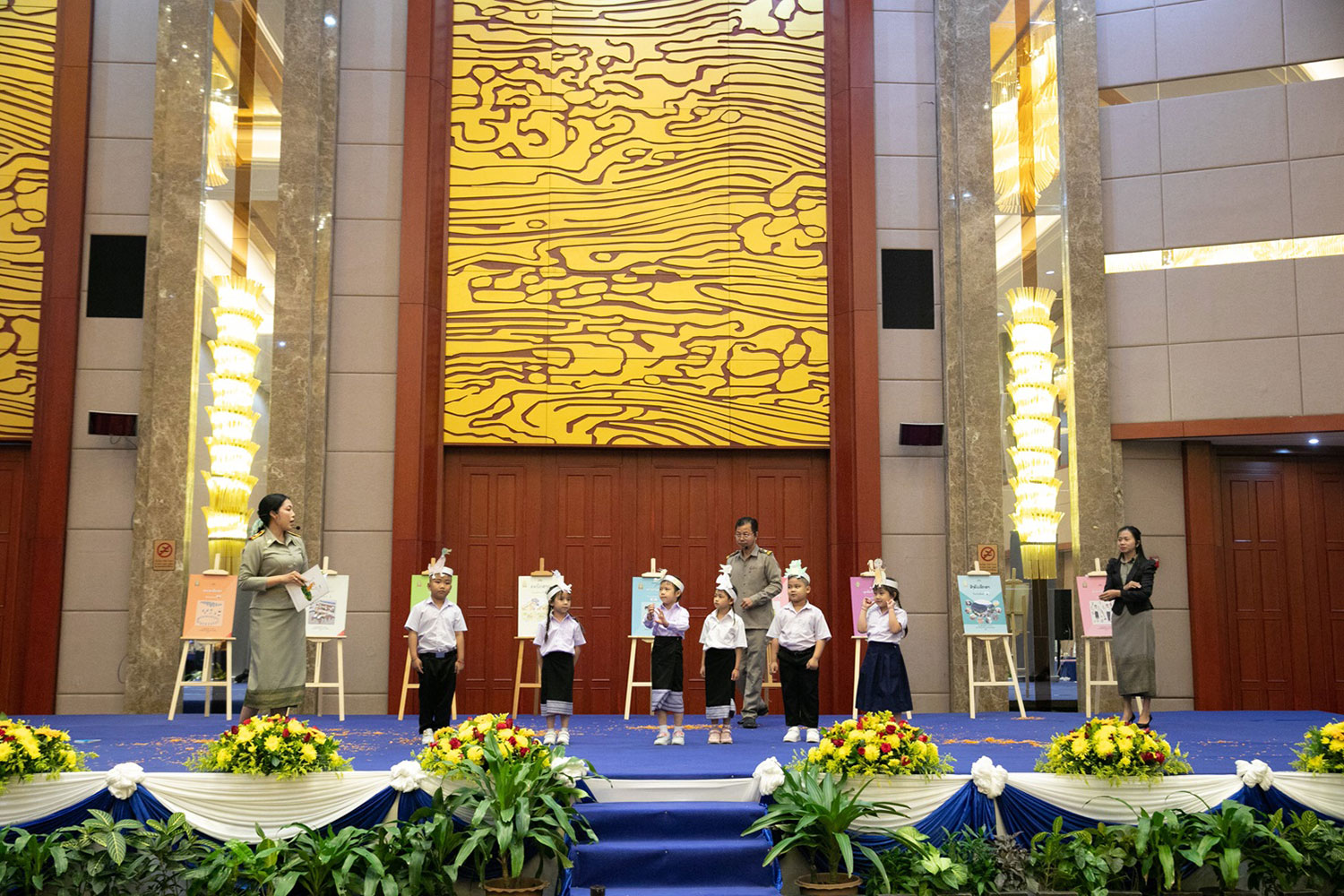
Students demonstrating a role play activity during story telling time
Associate Professor Dr. Phout Simmalavong said “It was a huge task and the work did not stop during the COVID-19 crisis and the two lockdowns. The national implementation of the revised curriculum is a significant achievement towards increased education quality in Lao PDR and is a priority of the 8th and the 9th Education and Sports Sector Development Plans. Renewing the Lao primary curriculum is an essential prerequisite for improved education quality, with significant impacts on the primary teacher training curriculum and national teaching standards. Practical support for the role of teachers is a vital step in building a skilled workforce through an effective education system. A well-educated populace is critical for Lao PDR’s goal of graduating from Least Developed Country status and achieving long-term economic prosperity.”
Ambassador Kelly said “Education is Australia’s highest priority in Lao PDR and a vital investment in Lao PDR’s human capital development. Our goal, working with the Government of the Lao PDR and other development partners, is that more primary school-aged children in Lao PDR, particularly those experiencing disadvantage, demonstrate increased engagement in learning and improved learning outcomes.”
Since September this year and the completion of the roll out of grade 5, all primary schools across the country are now using the revised primary curriculum and the new textbooks and learning materials. The revised curriculum adopts a new way of teaching that facilitates greater student engagement in learning. Students learn by participating in the classroom, helping each other, engaging with the learning materials, and experimenting through activities. Teachers use a new child-centred teaching methodology focused on active learning that engages students through hands-on experience and practical application of their knowledge.
Ambassador Kelly added “The revised primary curriculum is already contributing to improved student learning outcomes. A recent study by the Australian Council for Educational Research found that three years after the introduction of the new Lao language Grade 1 curriculum, teachers demonstrated increased knowledge and confidence and students were more engaged in the classroom, leading to improved literacy.”
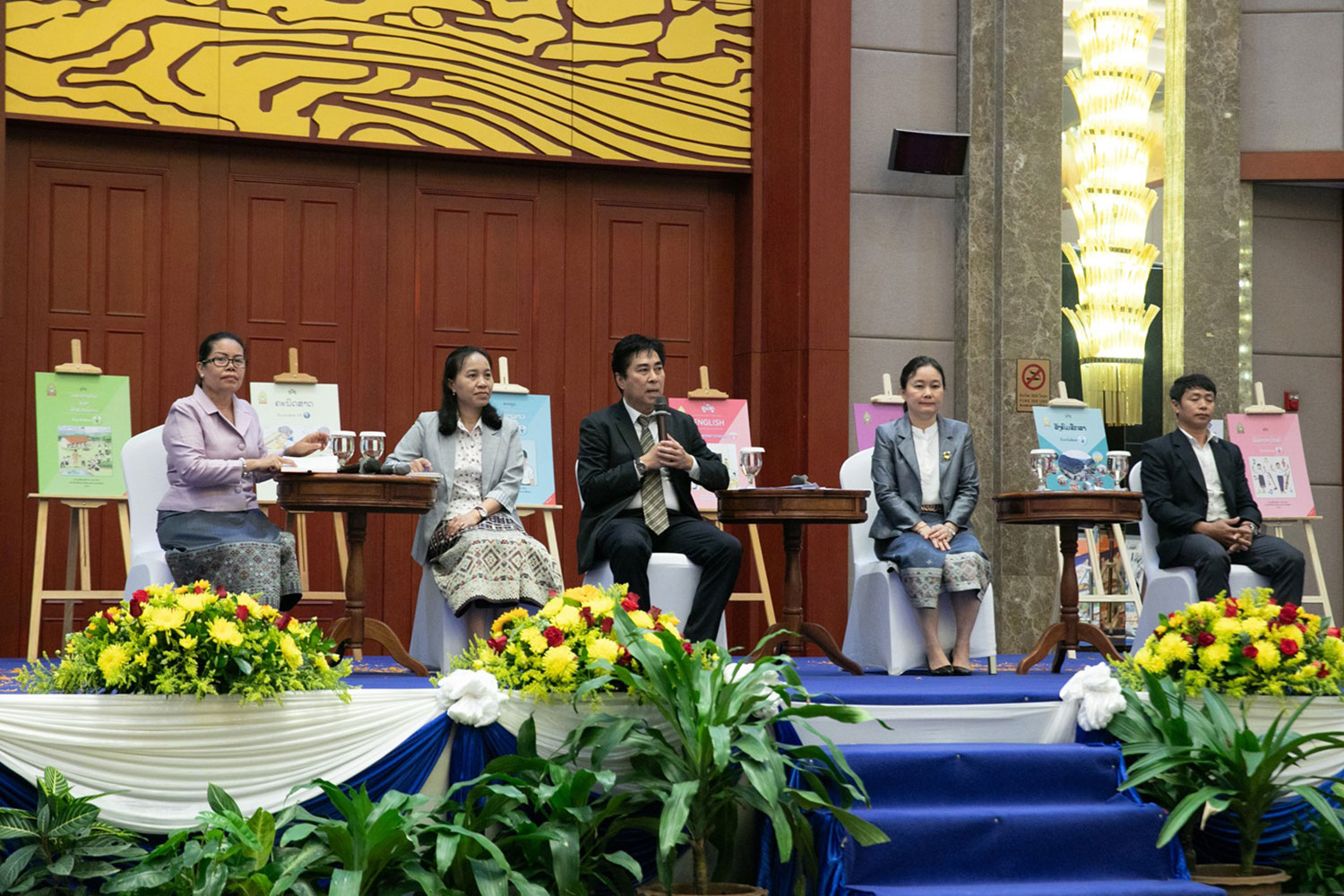
Panel discussion on the curriculum development and implementation
Dr Phout highlighted that “The revised primary curriculum represents a big change and its successful implementation will require the commitment and the support of all stakeholders, from national to school level. So, the important work of consolidation is starting now. Families and the community also have an important role to play.”
Teachers will require ongoing support to fully adopt the new teaching and learning practices. The Australian Government and USAID will continue their support to the Ministry of Education and Sports via the Basic Education Quality and Access in Lao PDR Program Phase 2.
Ambassador Kelly emphasized “Our focus in this second Phase of BEQUAL is on teacher professional development and integration of inclusive education principles. Providing good quality teacher training and continuous support is essential to ensure that teachers can successfully implement the curriculum and bring it to life in the classroom. After all, learning should be fun.”
During the curriculum completion event, guests heard from an expert panel about how the curriculum was developed and implemented. They listened to the testimony of three teachers and tried some group activities to experience the new way of learning.
The event concluded with an exhibition on the educational resources developed to support the revised curriculum.
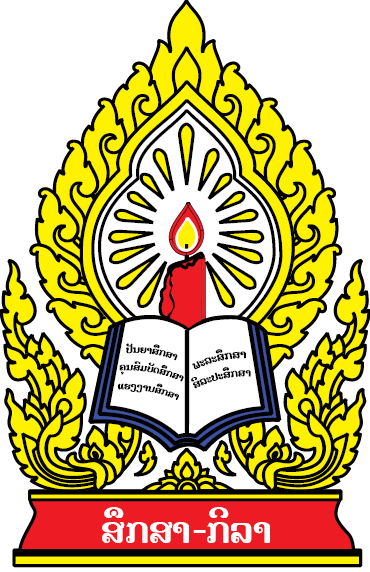
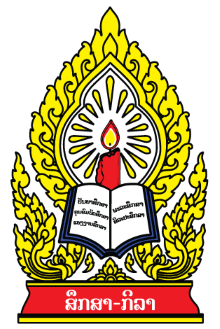


 ພາສາລາວ
ພາສາລາວ